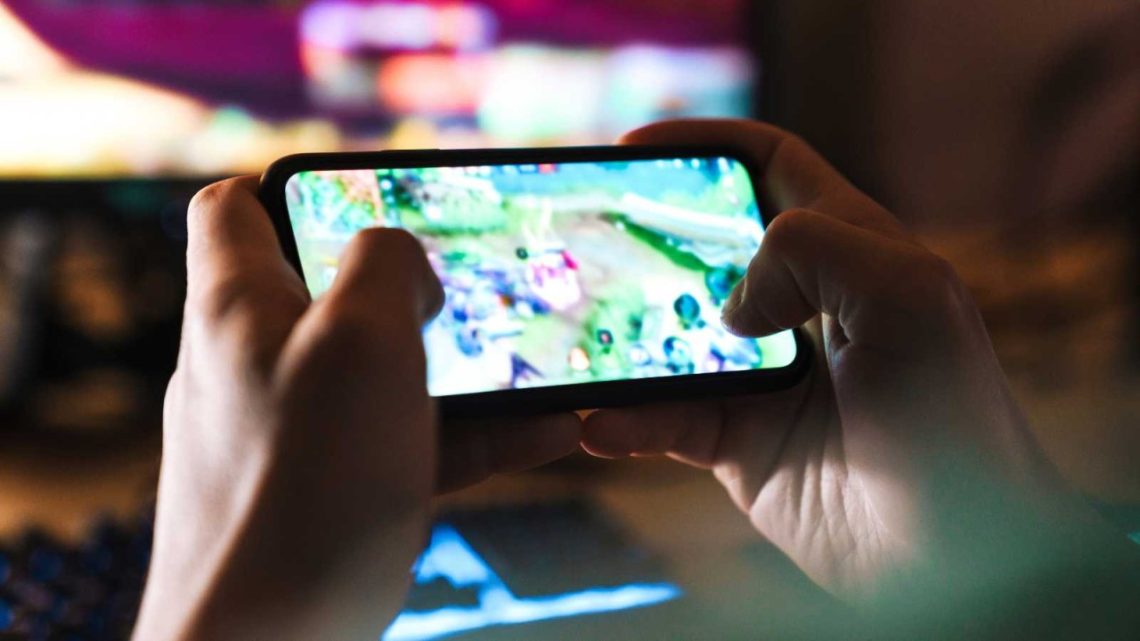Online gaming has evolved into one of the most influential forms of entertainment in the modern world. What began as simple multiplayer games on local networks or dial-up internet connections has blossomed into a global industry worth billions of dollars. With technological advancements and the proliferation of high-speed internet, online gaming has reshaped how people connect, play, and engage with digital environments. This article delves into the history, growth, social impact, and future of online gaming Cinta78.
The Rise of Online Gaming
The roots of online gaming can be traced back to the early days of the internet. In the 1980s and early 1990s, the first experiments in multiplayer gaming began. Games like Spasim and Gauntlet allowed players to connect via local area networks (LANs). However, it was the advent of dial-up internet connections and the release of games like Doom and Quake in the 1990s that truly popularized online multiplayer experiences.
As internet speeds improved, so did the complexity and reach of online games. By the late 1990s and early 2000s, broadband internet became widely available, and massively multiplayer online role-playing games (MMORPGs) such as World of Warcraft (2004) and EverQuest (1999) took the gaming world by storm. These games provided persistent, immersive worlds where players could interact with others from all over the globe, creating a vibrant online community that continues to thrive today.
The rise of consoles also played a significant role in the expansion of online gaming. Microsoft’s Xbox Live service, launched in 2002, brought online gaming to mainstream console players, allowing gamers to compete in multiplayer matches across a range of genres.
The Growth of Esports and Streaming
One of the most significant trends in online gaming over the past decade has been the rise of esports and game streaming. Esports—competitive gaming played at a professional level—has turned online gaming into a legitimate spectator sport. Games like League of Legends, Dota 2, Counter-Strike: Global Offensive, and Fortnite have become global phenomena, attracting millions of viewers to tournaments and live-streaming events.
In 2014, the League of Legends World Championship attracted 27 million viewers, a number that would only increase as streaming platforms like Twitch and YouTube Gaming became mainstream. The streaming culture, where players broadcast their gameplay to an audience, has also contributed significantly to the game’s popularity, creating new forms of entertainment and community engagement. Professional gamers, streamers, and content creators have turned their passion for gaming into lucrative careers, while viewers find entertainment and inspiration in watching skilled players navigate complex game mechanics.
The growth of esports and streaming has also led to the establishment of professional leagues, sponsorships, and even college scholarships for players, further legitimizing gaming as a competitive pursuit.
Social and Cultural Impact of Online Gaming
Beyond entertainment and competition, online gaming has had a profound impact on social interactions. In many ways, gaming has become a virtual social space, offering players a place to connect, collaborate, and compete with friends or strangers. Games like Fortnite and Minecraft allow players to create their own worlds, while titles like Among Us and Call of Duty foster teamwork and strategic thinking.
For many people, especially younger generations, online gaming is a primary avenue for socialization. Gaming has become a way to maintain friendships, meet new people, and even form long-lasting relationships. Virtual spaces within games often serve as a meeting ground for people from different parts of the world, who may not otherwise have the chance to interact. Language barriers are often overcome by shared gameplay experiences, and online communities centered around specific games or genres have flourished.
However, the social impact of online gaming is not without its challenges. Issues like online harassment, toxic behavior, and the prevalence of “gaming addiction” have raised concerns among both the gaming community and health professionals. While many developers are implementing measures to combat harassment and promote positive community behavior, the anonymity of online interactions can sometimes foster hostility and negative behavior.
The Future of Online Gaming
The future of online gaming looks incredibly promising, with new technologies and trends shaping the landscape. Virtual reality (VR) and augmented reality (AR) gaming are expected to continue evolving, providing more immersive experiences. Games like Beat Saber and Half-Life: Alyx have already demonstrated the potential of VR, and it’s likely that VR platforms will become more accessible to mainstream audiences in the coming years.
Cloud gaming is also on the rise, allowing players to stream games directly to their devices without the need for powerful hardware. Services like Google Stadia (now defunct), Nvidia GeForce Now, and Xbox Cloud Gaming are paving the way for a future where players can access a vast library of games instantly, on almost any device with an internet connection.
Furthermore, advancements in artificial intelligence (AI) and machine learning are pushing the boundaries of what’s possible in terms of game design, making in-game environments more dynamic and responsive to player actions. AI-driven characters and non-player characters (NPCs) are becoming more sophisticated, leading to richer, more interactive worlds.




